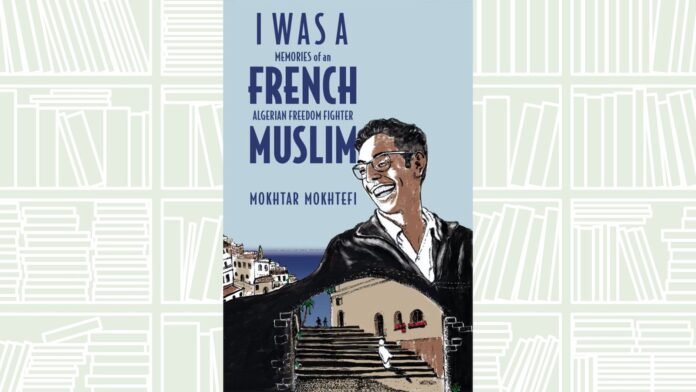CALIFORNIA: It must be a surreal moment to find oneself in a newly independent country — much less a country to which one owes his or her allegiance. Yet in 1962, this was the unusual and rare moment Mokhtar Mokhtefi experienced in Algeria.
Approachable writing and a refreshing perspective bring his story to life in “I Was a French Muslim,” released in September by Other Press.
Mokhtefi’s memoir was translated and prepared for publication posthumously by his widow, an American painter and author. After independence, the couple lived in Algeria, where they liaised with the Black Panthers and leading Algerian figures such as former presidents Houari Boumediene, and Ahmed Ben Bella.
But his narrative is far different than the memoirs of a politician.
His story begins with his formative years as a child in a small town in Algeria. He slowly moves toward becoming a revolutionary within the National Liberation Front (FLN), and he goes out of his way to note the French colonial figures who played a role in his formative years and in supporting his education. Some were French priests, members of the worker-priest movement who supported the Algerian cause.
Mokhtefi was a pious Muslim, but it is clear from his text that he was also enamored with French culture and ideals. Yet as a child growing up in French Algeria, it was painfully clear to him that French colonialists were hypocritical in their application of the ideals of their society. It is this duality that is expressed in the title.
French colonial authorities noted his sharp intellect, and he received more schooling than most, and as a result he was tapped by the FLN to be a radio operator. However, his stint in the field proved to be a relatively short one as he was soon sent abroad.
It is evident in his memoir that he often rebelled against the rigged structures of the FLN almost as much as he did French colonial authorities.
Given recent events, this book offers both important context and a unique narrative on perhaps the most important event in the Francophone Arab world in the 20th century.

